T4K3.news
Netanyahu targets Albanese ahead of diplomacy test
Netanyahu calls Albanese weak amid a growing Australia Israel dispute over visas and Palestinian state recognition.
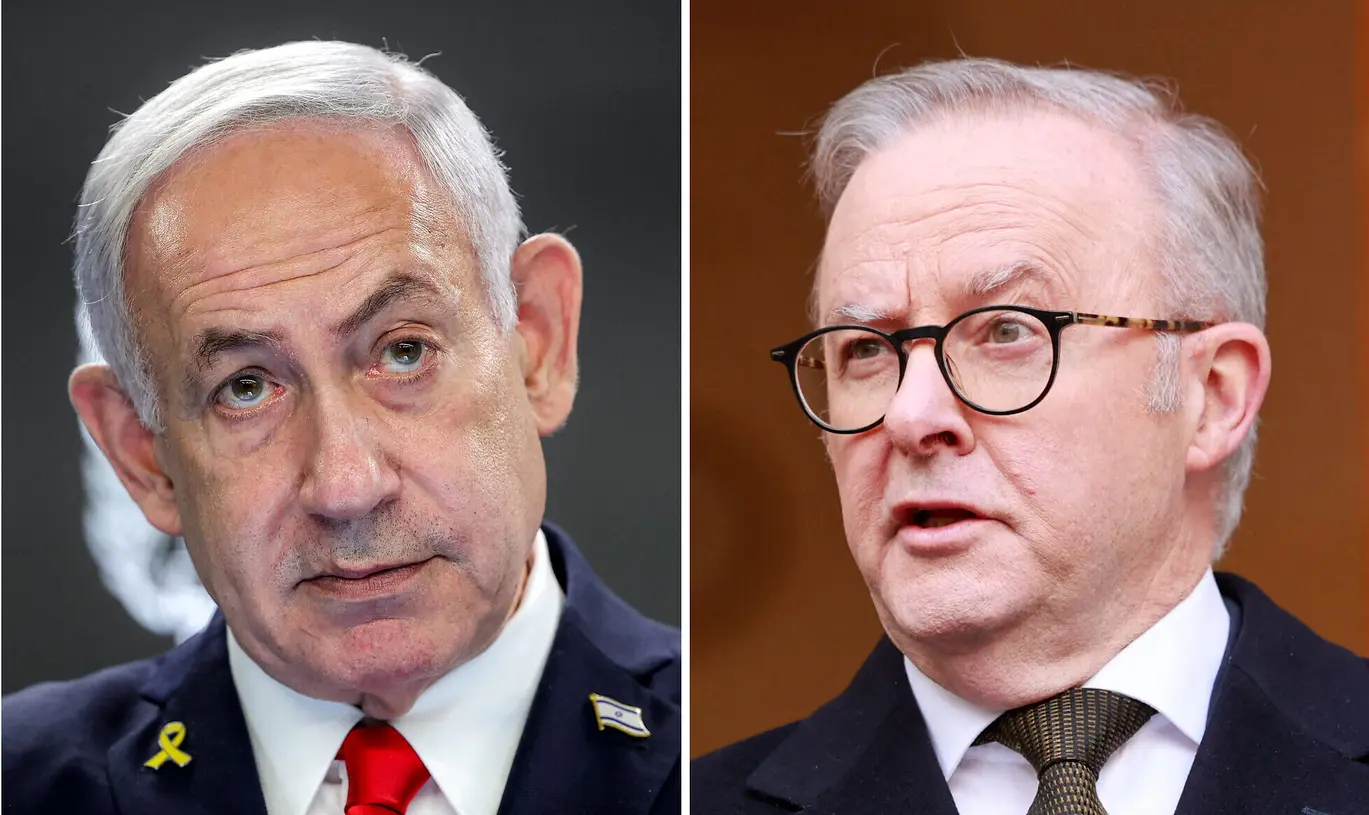
A sharp public clash between Israel and Australia unfolds as Netanyahu condemns Albanese amid visa bans and Palestinian state recognition moves.
Netanyahu attacks Albanese as diplomatic rift widens
Netanyahu published an English language statement on X calling Australian Prime Minister Anthony Albanese a weak politician who betrayed Israel and abandoned Australia’s Jews. The post comes as Canberra barred far‑right Israeli politician Simcha Rothman from visiting and Israel responded by revoking visas for Australian representatives to the Palestinian Authority. Foreign Minister Penny Wong criticized the move as an unjustified reaction that isolates Israel and undermines peace efforts.
The dispute follows Australia’s decision to recognize a Palestinian state at the UN General Assembly, a move that has strained ties with the Israeli government. In Canberra, officials said the visa revocations were tied to security and public order concerns, while Israel’s government asserted the bans target individuals, not the broader relationship. Australia’s opposition has branded the visa changes as politically motivated and disproportionate, highlighting the widening gulf between the two governments.
Key Takeaways
"History will remember Albanese for what he is: A weak politician who betrayed Israel and abandoned Australia’s Jews."
Netanyahu's English-language post
"At a time when dialogue and diplomacy are needed more than ever, the Netanyahu Government is isolating Israel and undermining international efforts toward peace and a two-state solution."
Penny Wong statement on the visa moves
"The Australian government is on a very, very wrong path."
Gideon Sa’ar on Canberra actions
"The Jewish community is worried."
Amir Maimon on relations post‑ban
The exchange underscores how personal politics can bleed into diplomacy at moments of high stakes. Netanyahu’s harsh framing of Albanese risks politicizing a bilateral partnership that has long balanced strategic ties with shared democratic values. Yet Canberra’s countermeasures—visa recalls and a sharper public rebuke—signal a willingness to defend a more expansive foreign policy stance, including a Palestinian state recognition. The episode tests the sturdiness of a relationship built on security cooperation and public spectacle rather than quiet diplomacy. In the broader arc, the flare of rhetoric risks overshadowing substantive talks about two‑state solutions, antisemitism, and regional stability.
Highlights
- History will remember Albanese as a weak politician
- Public rows with Netanyahu strengthen leaders in a democracy
- This is a political maneuver not a policy
- Diplomacy needs dialogue not personal attacks
Political tensions risk backlash and diplomatic isolation
The exchange exposes a fragile bilateral dynamic that could provoke public backlash in both countries and complicate regional diplomacy. The confrontational tone may hinder broader efforts on peace processes and counter antisemitism.
The next moves will reveal whether this is a temporary flare or a turning point in Canberra–Jerusalem diplomacy.
Enjoyed this? Let your friends know!
Related News
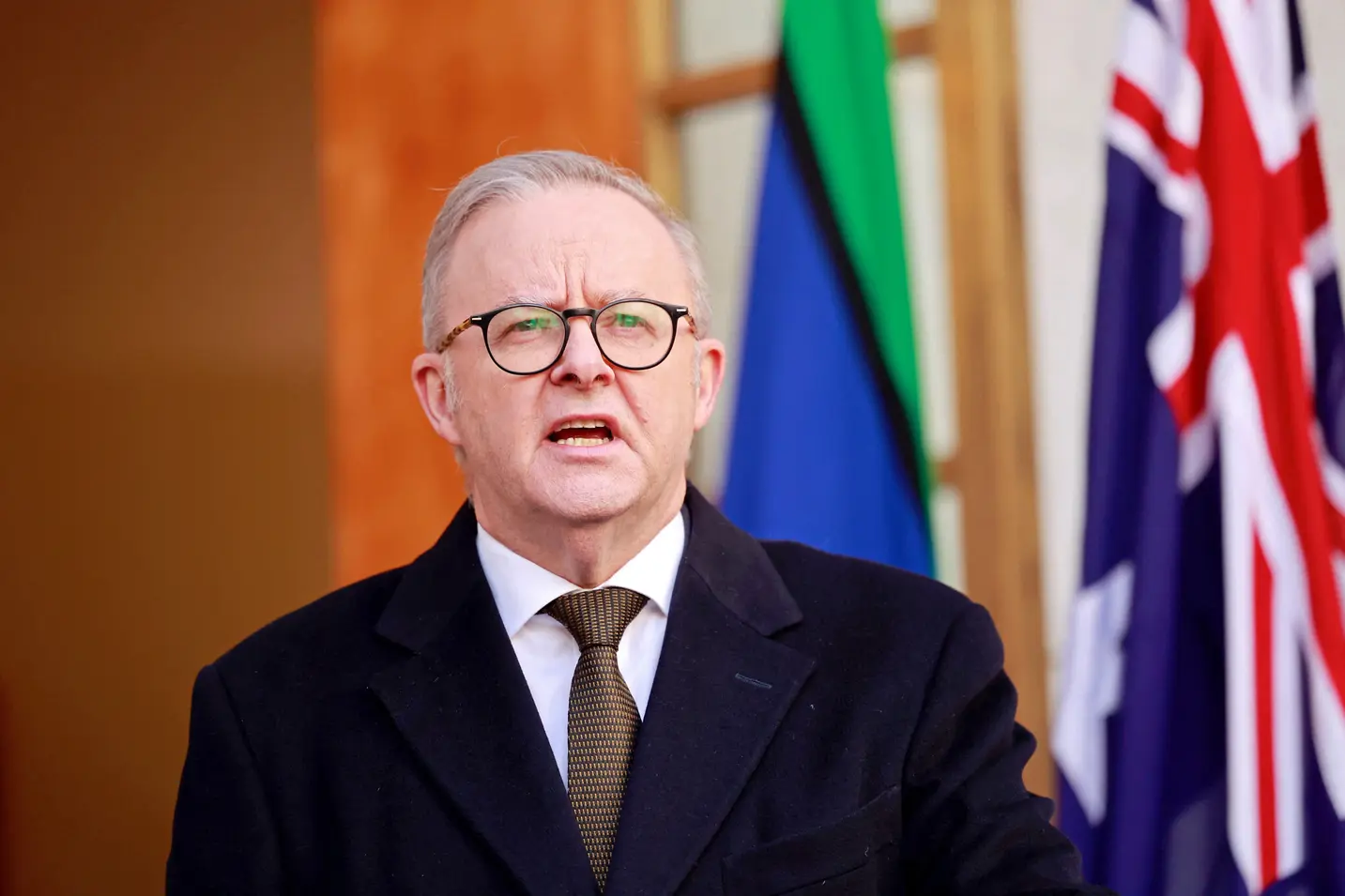
Australia to Recognize Palestinian State in September
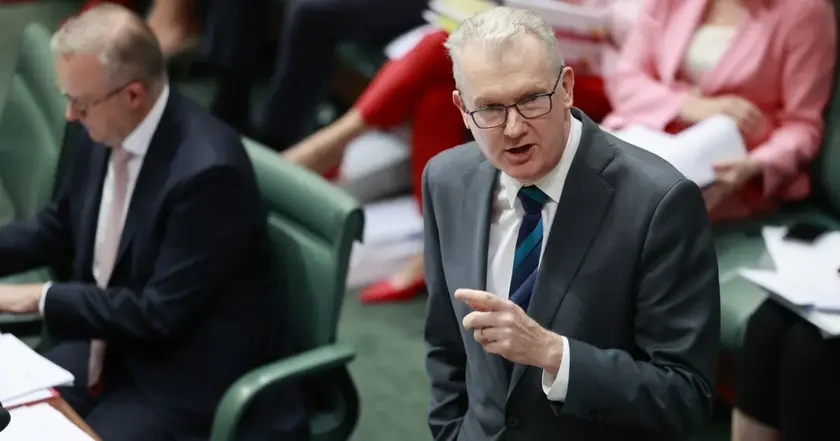
Australia rebukes Netanyahu over Gaza row
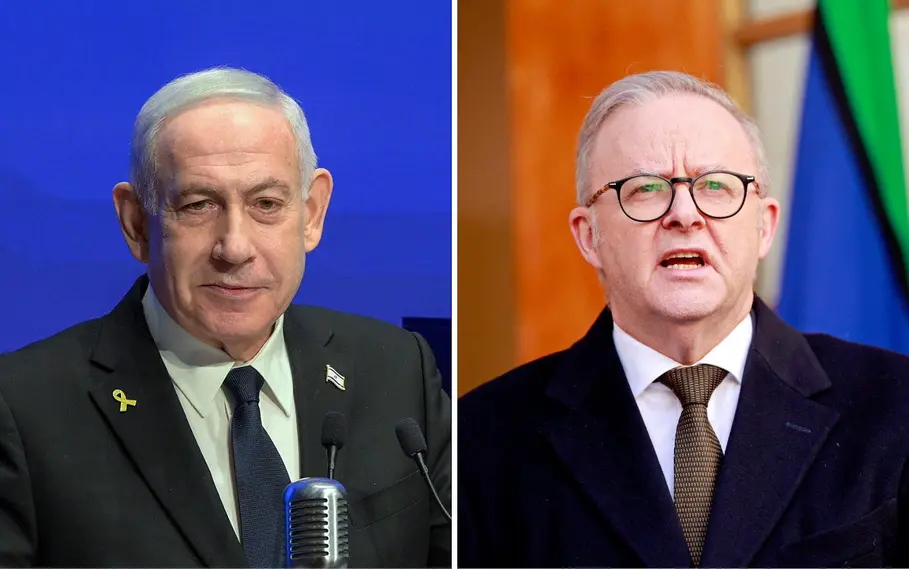
Australia confronts Netanyahu after he calls Albanese weak

Protests demand ceasefire and hostage release

Israel expands Gaza operation

Australia blocks Rothman entry
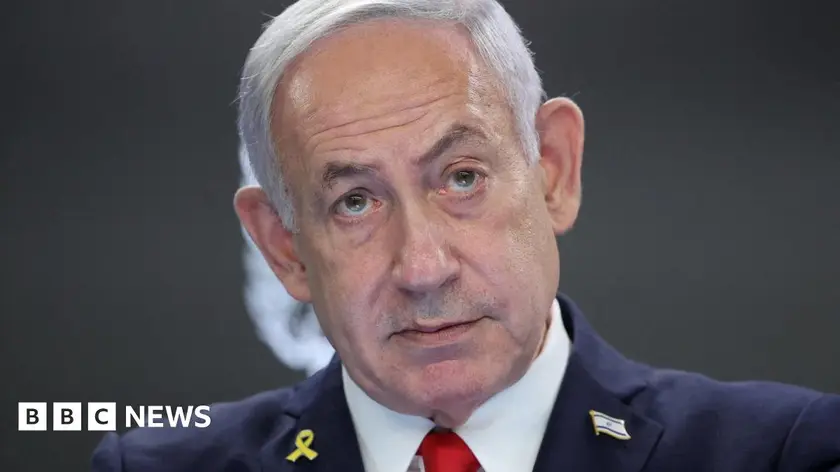
Netanyahu accuses Australian PM of betraying Israel
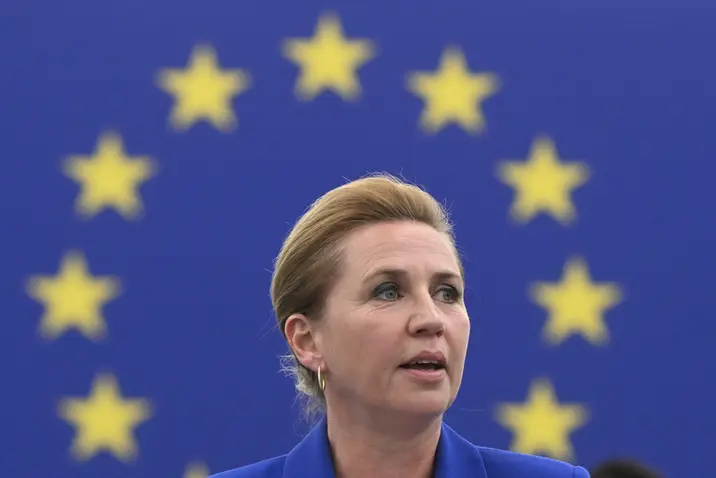
EU pressure grows on Israel
